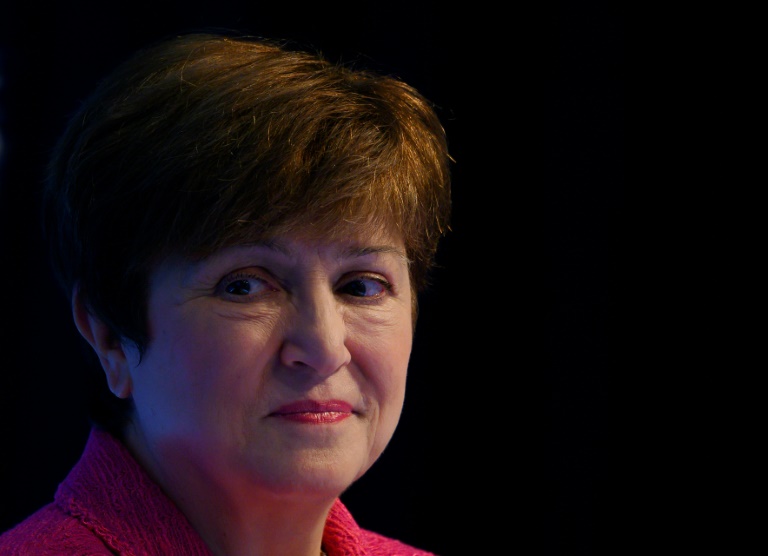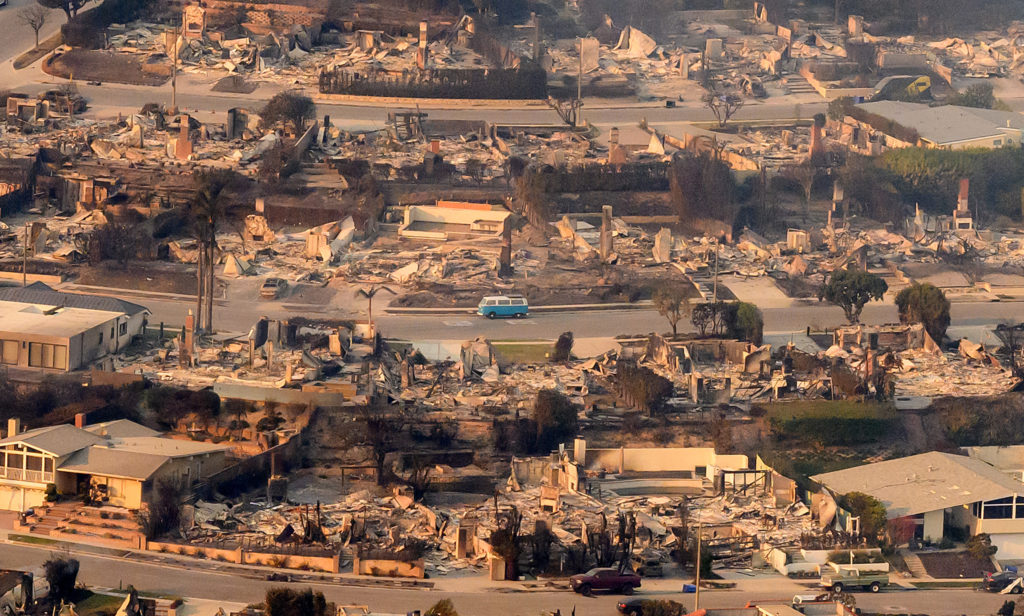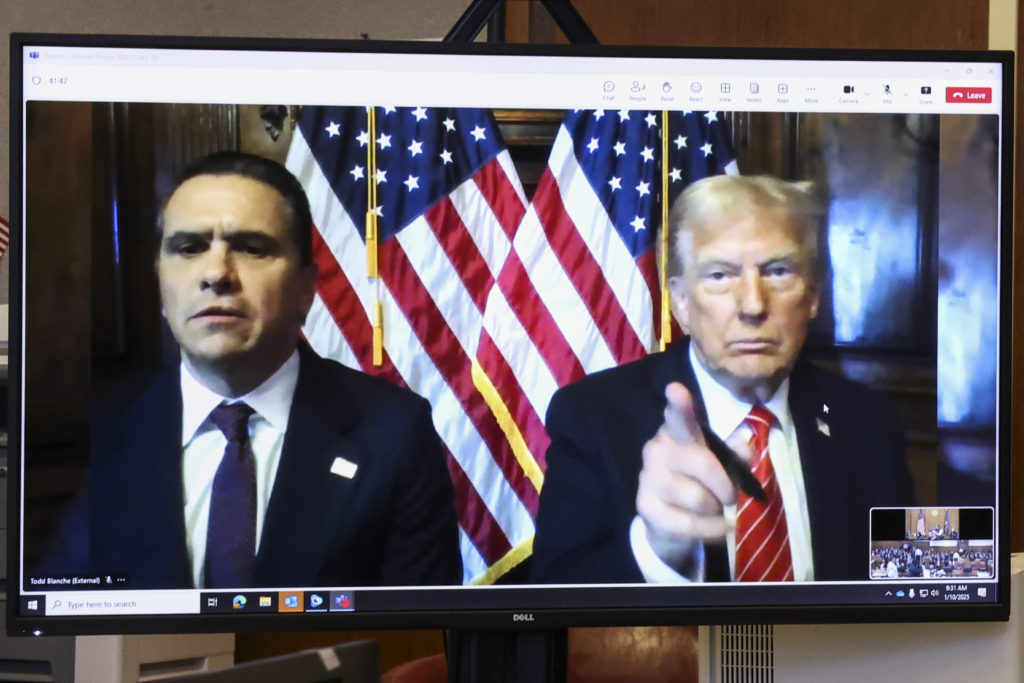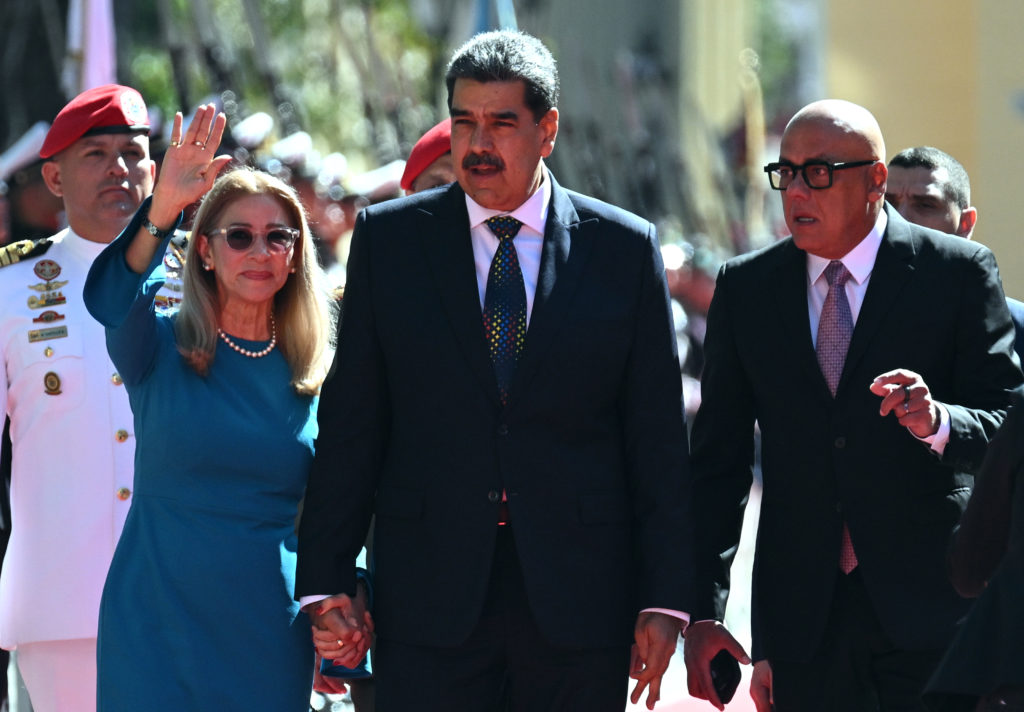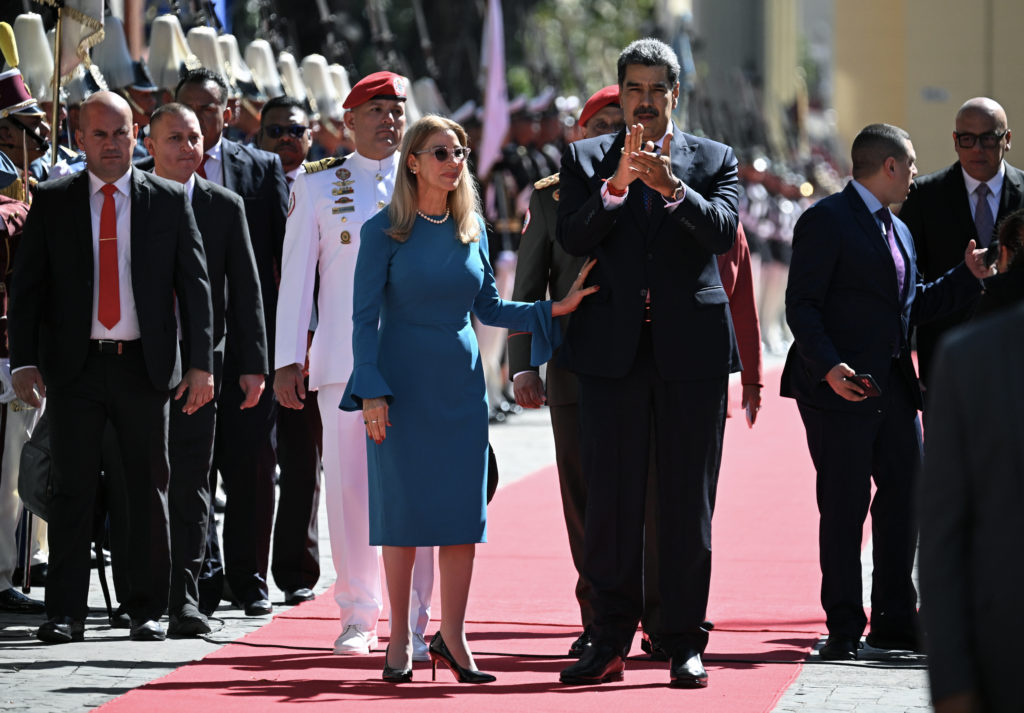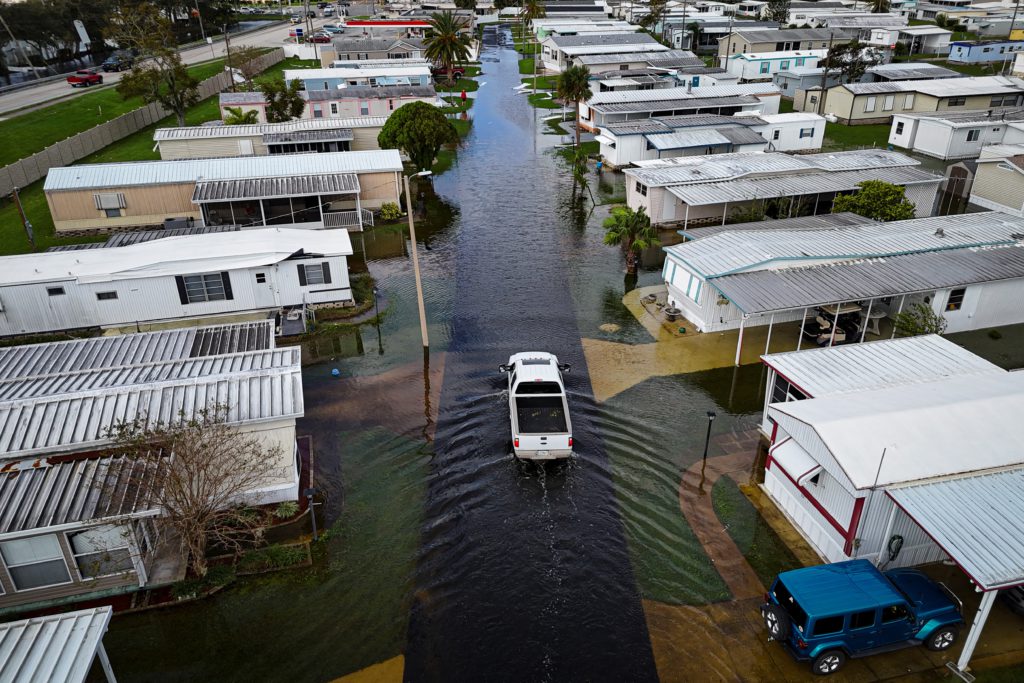Kristalina Georgieva was secured in her job at the helm of the International Monetary Fund on Monday, after the Washington-based crisis lender’s board reaffirmed its confidence in the scandal-hit Bulgarian economist.
Georgieva’s role at the institution was called into question after the September 16 publication of the findings of an investigation carried out at the request of the ethics committee of the World Bank, where Georgieva had previously held a senior role.
The investigation by law firm WilmerHale concluded that Georgieva had manipulated data in favor of China while at the global body, which she has denied.
Drawn out uncertainty over whether Georgieva would keep her job ended Monday when the IMF board said it “reaffirms its full confidence in the Managing Director’s leadership and ability to continue to effectively carry out her duties.”
“The Executive Board considered that the information presented in the course of its review did not conclusively demonstrate that the Managing Director played an improper role regarding the Doing Business 2018 Report when she was CEO of the World Bank,” its statement read.
The board added it would “meet to consider possible additional steps to ensure the strength of institutional safeguards.”
WilmerHale’s controversial findings center on the drafting of the 2018 and 2020 editions of the World Bank report that ranks countries according to their ease of doing business.
The push came while bank leadership was engaged in sensitive negotiations with Beijing over increasing the bank’s lending capital.
– ‘Difficult episode’ –
Uncertainty over Georgieva’s future threatened to overshadow the IMF and World Bank fall meetings that kicked off Monday, with Georgieva due to speak during a roundtable and give a press conference Wednesday.
The storm at the top of the fund could pull focus from topics nominally at the top of the agenda, such as threats to global economic growth and helping countries bounce back from the Covid-19 pandemic.
Georgieva welcomed the IMF board’s statement, reiterating that the allegations were “unfounded.”
“This has obviously been a difficult episode for me personally,” said the 68-year-old, who took the helm of the IMF in October 2019 after Christine Lagarde departed to lead the European Central Bank.
“I want to express my unyielding support for the independence and integrity of institutions such as the World Bank and IMF; and my respect for all those committed to protecting the values on which these organizations are founded,” she said in a statement.
The investigation has deeply divided the 24 members of the IMF’s Executive Board.
While France, Britain and other European countries expressed their support for Georgieva, the United States has been more reluctant to keep her in post.
It was only at the end of nearly four weeks of discussions that Washington agreed to retain Georgieva.
– ‘Legitimate issues’ –
In a separate Monday statement, the US Treasury said Secretary Janet Yellen spoke with Georgieva “to discuss the serious issues raised by the investigation,” emphasizing that “the report raised legitimate issues and concerns.”
Yellen said her “priority is to preserve the integrity and credibility of the World Bank and the IMF.”
She said the Treasury agreed with some IMF board members that “absent further direct evidence with regard to the role of the Managing Director there is not a basis for a change in IMF leadership.”
But she added that the Treasury would “monitor follow-up closely, evaluate any new facts or findings, and that the WilmerHale report does underscore the need for shareholders to be vigilant in defending the integrity of both the Bank and the Fund.”
Georgieva was the only candidate to lead the IMF after Lagarde’s departure, which traditionally is led by a European.
The institution had to change its bylaws to approve her appointment because she was over the age limit of 65 years old.
Until then, she had spent most of her career at the World Bank, becoming its chief executive in 2017.
Georgieva is a native of Sofia, where she taught economics for 26 years and built up environmental experience with a focus on agriculture and sustainable development.
Her main priorities at the IMF have been fighting inequality and climate change, as well as better integration of women into the economy.

